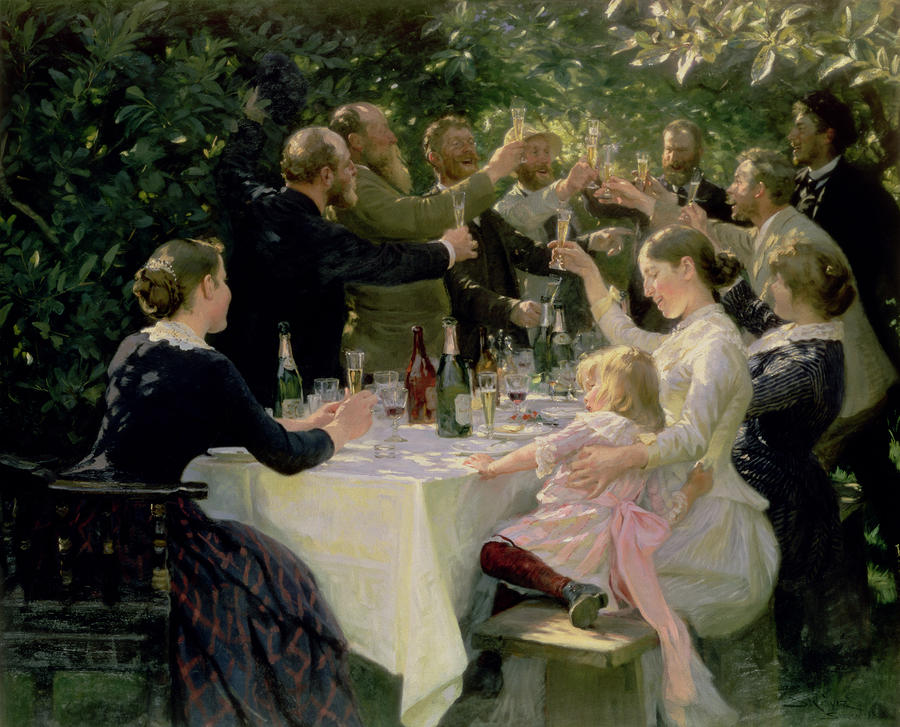Drink and party until you die !
From the FT , The Happiness Principal“If people want every day to be drunk or to spend all day smoking or have five cats cluttering up their apartment, who are we to stop them? It is you who must decide what is good for you,” he says.
Whatever residents want, within reason, Humanitas provides. This is Becker’s “yes culture” — the term recurs constantly, along with several others: “extended family”, “be your own boss” and “use it or lose it” — meaning focus on what’s still working, not what’s not, and make the best use of it.
Back in the Humanitas bar, I battle the gin and tonic to summon some critical acumen: surely a paean to life’s intoxicating pleasures is no foundation for a model of senior living? Becker is dismissive. “The alcohol is incidental; I don’t care what people do.” The point is to listen to what people want and focus your efforts there. This means throwing off the medical obsession with poor health and decline.
This is a compelling business model, I observe. Bartenders are cheaper than doctors. His focus on cultivating independence saw staff-resident ratios slashed by a factor of three. In 20 years, he says, Humanitas went from making a loss to a surplus of €54m, which was ploughed back into renovation, decoration and new homes.
That his model costs less is incidental, however. The point is that people are happier, he says, launching into another anecdote. A woman aged 99 arrived from a care home where there were no facilities in which to cook — one of her longstanding passions. At Humanitas she started again. “Aged 104 she told me ‘I am tired and ready to die now but you must promise me: lay out my body in my flat so people can say goodbye’. I agreed. A few days later she had passed away.”
I hope i have money to pay for this! i don't want to have a nurse until i die.!



















0 comentários: